Pronouncing Polish -ą and -ę at the end of a word October 10 2015, 2 Comments

The two nasal vowels -ą and -ę (please excuse the need of using some serious grammatical terms here!) may put you off a bit when you come across them for the first time. No need to worry! Simply follow these rules as to how to pronounce them at the end of a word:
-ą
Think of the way you pronounce the an in fiance. Or if you happen to know some French as the on in bon voyage. They are both pretty similar to how Poles say their -ą at the end of a word. Check out these words and phrases:
z moją dziewczyną (with my girlfriend)
pozdrów ją! (say hello to her!)
ciesz się chwilą! (enjoy the moment)
wiosną/jesienią/zimą (in the spring/autumn/in winter)
płacę gotówką/kartą (I'm paying by cash/by card)
-ę
This one is straightforward as it looses it's nasal sound. At the end of a word say it like the e in yes.
imię (first name)
spóźnię się chwilę (I'm running a bit late)
idę na siłownię (I'm going to the gym)
cieszę się (I'm happy, pleased, glad)
w środę/w sobotę/w niedzielę (on Wednesday/Saturday/Sunday)
You may be puzzled when you go to a Polish church and hear a priest (and frequently those in faith too) saying a clear and nasal -ę at the end of words. This is simply incorrect. What's grammatically acceptable is just a little bit of nasal sound. However, you as a foreigner should avoid it by all means. There is no point in making a difficult language even harder for yourself!
The mystery of the -ą and -ę pronunciation in the middle of a world will be revealed some other time, so keep on reading (and listening) to our Polish phrase of the week.
Trzymaj się! (Take care!)
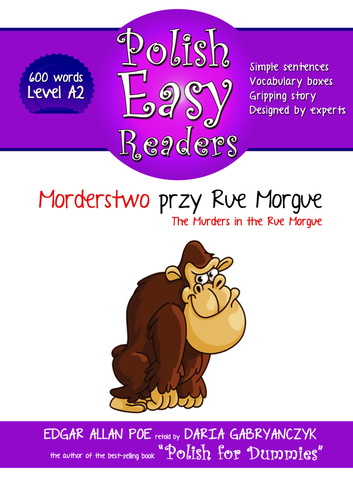

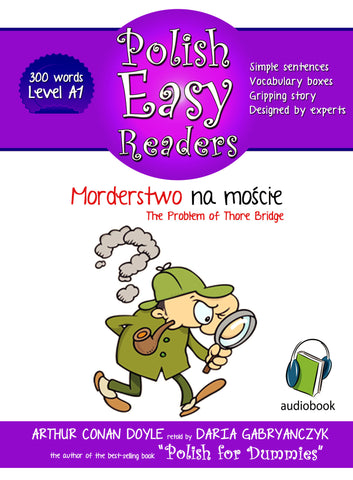
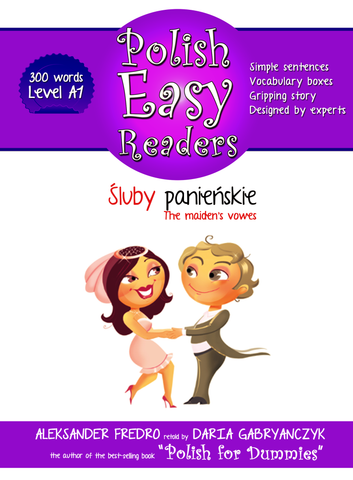
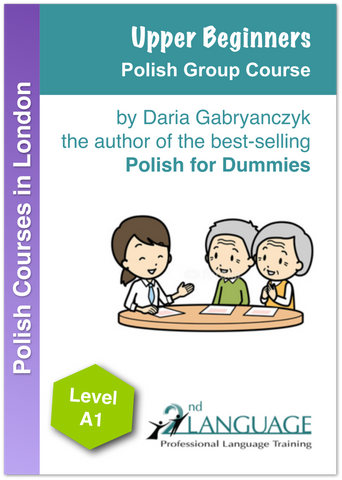


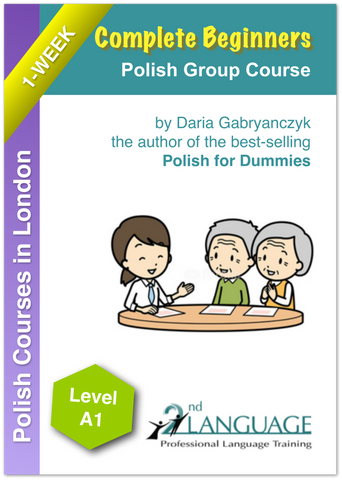

Comments
Nicholas Addy on January 14 2020 at 10:34PM
This has always been a bit of a mystery to me; thanks for clearing up the confusion. As you say, anything that makes Polish easier, has got to be a good thing!
Norman MacLeod on January 14 2020 at 10:33PM
Thank you so much for your weekly Polish phrases!! They are very much appreciated. I am just about to commence the next level of the Polish language, (Intermediate Level) I am looking for a teacher to help me.. Despite the fact that there is a large Polish community in Inverness, I haven’t been able to find a teacher. I will try to persevere on my own. Keep up the good work!! Regards. N. MacLeod.